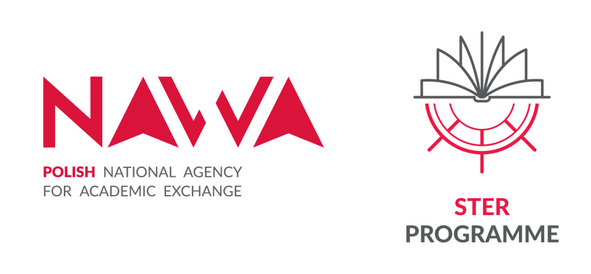1. Food technology and engineering
1.1. Applications of engineering principles and physics concepts to food and food processes with emphasis on process simulation, including mathematical models to describe processes and to allow for scale-up of processes for food manufacturing. Heating and cooling processes. Food freezing and frozen food storage. Frying processes. Membrane separation processes. New and improved extrusion processes (e.g. structuring in the production of meat analogues). Packaging processes including modified atmosphere and intelligent packaging. Non-thermal processes including irradiation processing, high pressure processing and other high pressure-based technologies, pulsed electric fields, application of gases in food preservation, UV, Ultrasound, filtration, cold plasma, and other similar minimal processing technologies. combinations of nonthermal or thermal-nonthermal technologies for food manufacturing. Additive manufacturing in food production. Cleaning and sanitation processes. Process engineering technological solutions for produce safety. Process development and design. Process instrumentation and control including sensors for the detection and identification of contaminants in food safety and quality.
1.2. Nature of the research: theoretical, experimental.
1.3. Keywords: food technology, food processing, food safety and quality
2.Alternative sources of food ingredients
2.1. Research on the technology of producing alternative protein sources and its processing (e.g. vegetable or insect origin). Manufacture of alternative food additives from unusual raw materials. Production technology (pressing, extraction, purification), packaging and storage of alternative oily raw materials, including GMOs. New sources and technologies of obtaining compounds with prebiotic effects.
2.2. Nature of the research: theoretical, experimental.
2.3. Keywords: alternative protein sources, food additives, GMO
3. Polymers, active compounds and nanotechnology in food processing
3.1. Food production in polymeric carriers. Nanotechnology applications to food processes (nanosensors, new ingredients, new process technologies, sensors). Tailor made foods. Polymer compounds in the creation of functional properties of food and functional products for the food industry. Hydrocolloids from non-traditional sources with commercial potential in foods. Food constituents carrier and delivery systems. Methods of adaptation of polymers of natural origin in shaping food quality Projecting, obtaining of new biopeptides and other biological active compounds for the use in food industry as well as generation of bioactive peptides compounds during food processing; biocatalysts on polymeric carriers, encapsulation technologies.
3.2. Nature of the research: theoretical, experimental.
3.3. Keywords: food production, hydrocolloids, polymer compounds in food, biological active compounds in food
4.Technologies for the management of food industry by-products
4.1. Advanced processing technologies to improve food safety, quality, nutrition, and reduce food waste. Potential of food industry by-products for the production of functional materials dedicated to various industries. Exploitation of food industry wastes for high-value products; isolation of natural polymers form biomass for their conversion into functional biopolymer-based materials, among them: biodegradable food packaging, food additives, products with cosmetic and medicinal and technical applications.
4.2. Nature of the research: theoretical, experimental.
4.3. Keywords: recirculation economy in food productions, bioprocesses


